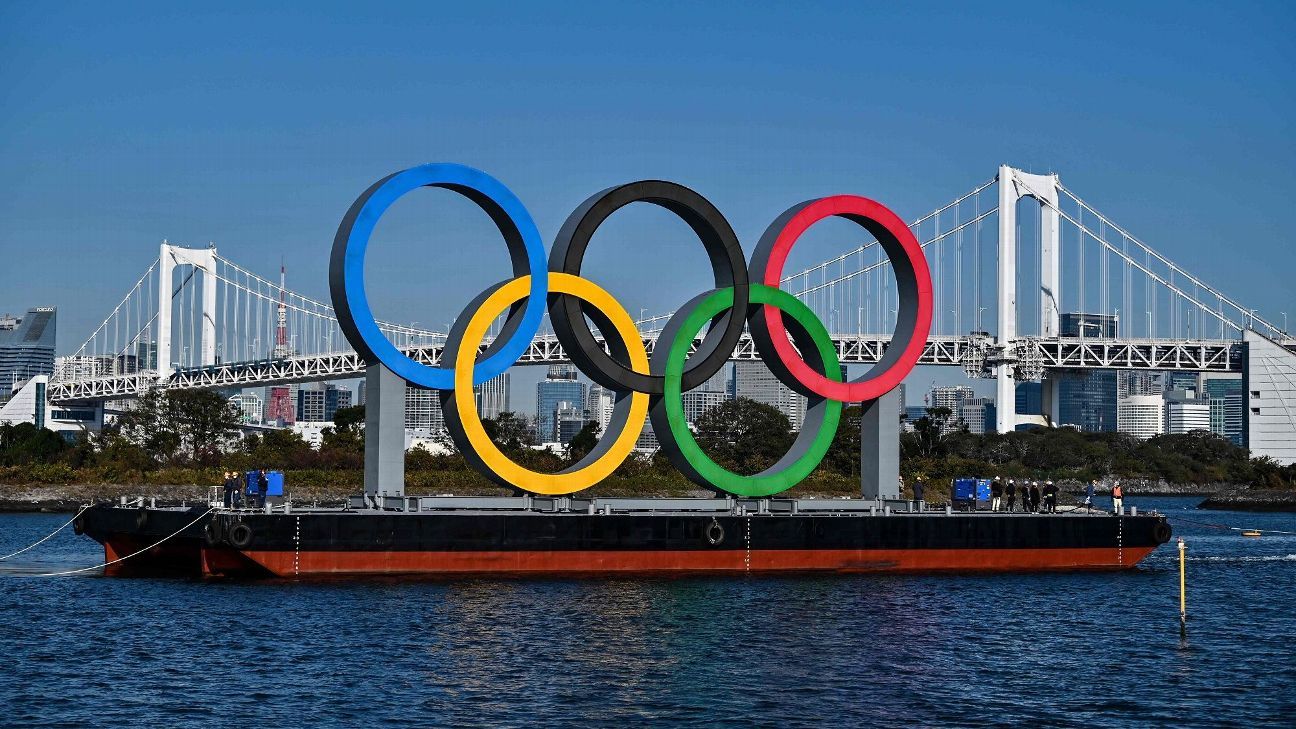TOKYO – Japan launched its coronavirus vaccination campaign on Wednesday, months after other major economies started giving injections and amid doubts whether the campaign would reach people quickly enough to save the Summer Olympics already delayed by the pandemic.
Despite a recent rise in infections, Japan has largely avoided the kind of cataclysm that has hit other economies, social networks and health systems. But the fate of the Olympics and the billions of dollars at stake make Japan’s vaccine campaign crucial. Japanese officials are also aware that rival China, which has succeeded in fighting the virus, will host the Winter Olympics next year, increasing the desire to make the Tokyo Games happen.
Hanging on the launch of vaccines – which will go first to medical workers, then to the elderly and vulnerable and, possibly in late spring or early summer, to the rest of the population – are concerns about the shortage of imported vaccines . has a longstanding reluctance among many Japanese to get vaccines due to fear of rare side effects.
Although medical professionals say vaccines will help protect them and their families, and business leaders hope the initiative will allow economic activity to return to normal, the late launch will make it impossible to achieve so-called collective immunity before beginning of the July Olympics, experts say.
This will leave authorities struggling to repress widespread caution – and even direct opposition – among citizens about hosting the Games. About 80% of respondents in recent media polls support the cancellation or postponement of the Olympics.
Despite this, Japanese Prime Minister Yoshihide Suga and others in his government are moving forward with Olympic plans, calling the Games “proof of human victory against the pandemic”.
Japan did not see the massive outbreaks that hit the United States and many European countries, but an increase in cases in December and January raised concerns and led to a partial state of emergency that included orders for restaurants and bars to close earlier. Suga saw his support drop to less than 40% from around 70% when he took office in September, with many people saying he was too slow to impose restrictions and were too flexible.
The country is now seeing an average of about 1 infection per 100,000 people – compared to 24.5 in the United States or 18 in the United Kingdom. Overall, Japan reported about 420,000 cases and 7,000 deaths, according to data compiled by Johns Hopkins University.
Japan’s late authorization of the vaccine means that it is lagging behind many other countries. Britain started vaccines on December 8 and gave at least one injection to more than 15 million people, while the United States began its campaign on December 14 and about 40 million people received injections. Vaccines were launched in many European Union countries in late December and campaigns were criticized for being slower.
Japan was left behind in other places because it asked Pfizer to conduct clinical trials with Japanese, in addition to tests already carried out in six other nations. Japanese officials said this was necessary to address concerns in a country with low confidence in the vaccine.
After the front line, health professionals will see inoculations of 3.7 million health professionals starting in March, followed by about 36 million people aged 65 and over starting in April. People with underlying health problems, as well as caregivers in nursing homes and other facilities, will be next, before the general population takes their turn.
Some critics noted that the vaccination campaign – which should be carried out by medical professionals – increases its burden, since Japanese hospitals are already overwhelmed with the daily treatment of patients with COVID-19. There is an additional concern that hospitals will not have the additional capacity to handle the large number of foreign visitors that the Olympics would involve.
